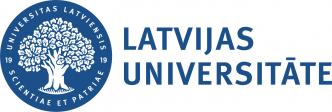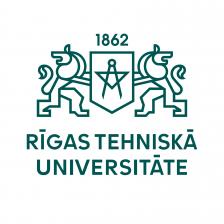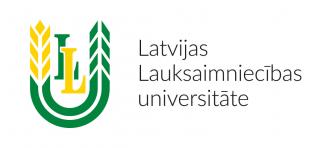Multidisciplinary approach to monitor, mitigate and contain COVID19 and other future epidemics in Latvia
Aim
Description
Consortium 6.1 partners
- Latvian Biomedical Research And Study Centre
- Rīga Stradiņš University
- Institute of Electronics and Computer Science
- Rīga Technical University
- Institute of Food Safety, Animal Health and Environment – "BIOR"
- Latvia University of Life Sciences and Technologies
Our scientific approach will contribute to systemic preparedness for outbreaks of COVID-19 and outbreaks of other known or emerging epidemic-prone diseases. We aim to perform a comprehensive analysis to trace the origins and spread of the SARS-CoV-2 virus in association with time-related public health measures in Latvia. We will also employ a state-of-the-art phylogenetic approach for the analysis of available whole-genome sequences and epidemiological data to characterise the spread of different viral strains in the country with a particular focus on super-spreader events. We expect that this approach will enhance the capacity and speed of investigations into future outbreaks and the implementation of control measures. In addition, we will evaluate the impact of the introduction of contact tracing software on the general public. We will produce evidence-based recommendations for safety precautions in schools, hospitals, workplaces, and cultural venues based on systematic literature review and observational studies based on innovative IT methods. We will perform an advanced seroprevalence survey to obtain representative samples of different Latvian sub-populations and relate observed results to sequencing and epidemiological data. We will improve the laboratory approach to sampling and screening and optimise the data flow. Finally, a comprehensive epidemiological study on the presence of the SARS-CoV-2 virus in the environment and domestic animals will also be performed.









